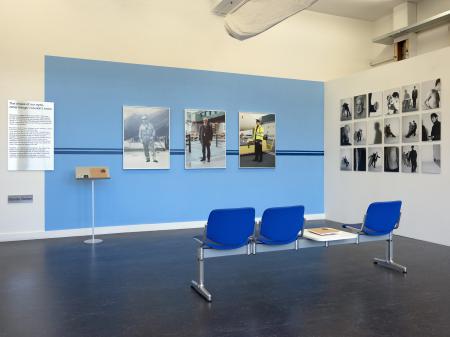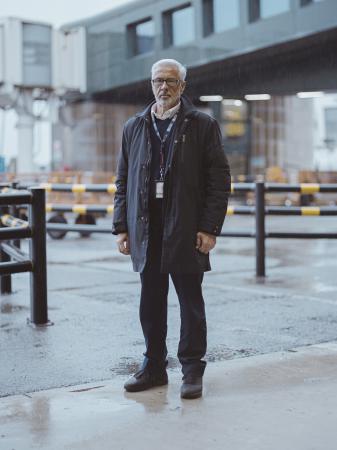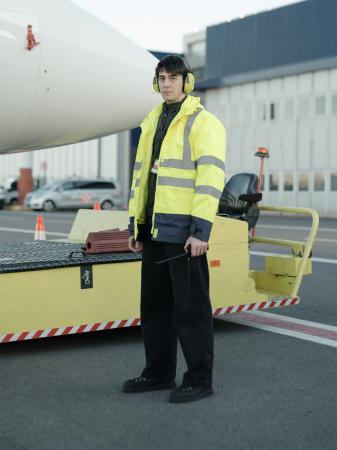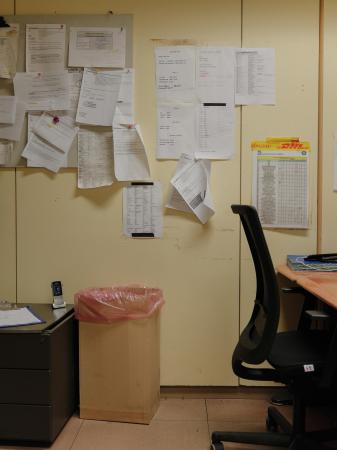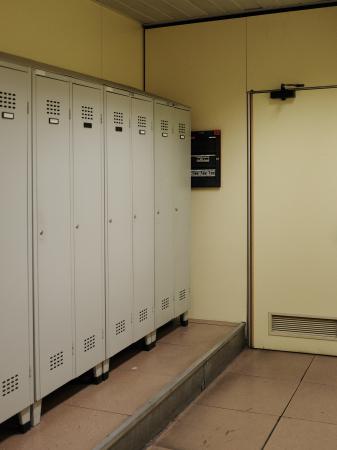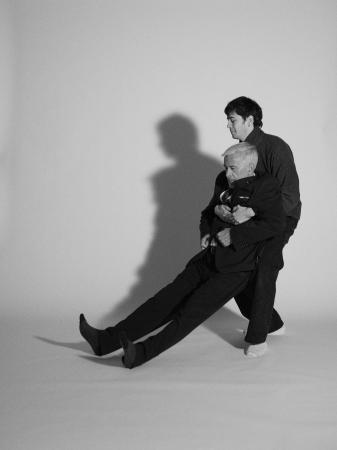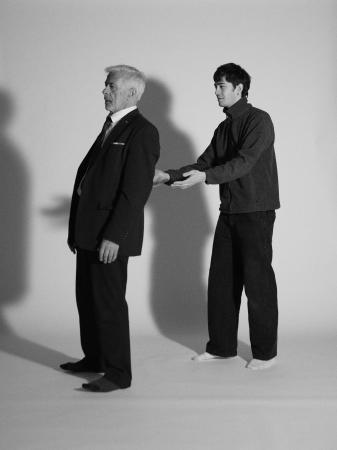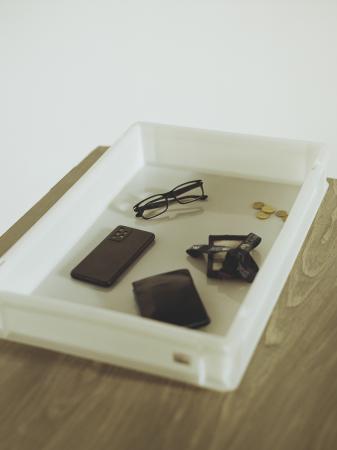-
info
documentation by Sophie Leyendecker
-
info
documentation by Sophie Leyendecker
-
info
documentation by Sophie Leyendecker
-
info
Portrait of my father at his workplace
-
info
Self Portrait
-
info
-
info
-
info
-
info
-
info
Davide Sartori (1995) is a photographer from Italy based in the Netherlands.
After studying in Switzerland he continued his studies at the Royal Academy of Arts in Den Haag. In his work the viewer is challenged to question the truthfulness of a photograph. Archival material, documentary photography, and constructed images are intertwined. The medium of
photography functions as a tool to engage with multiple realities at once. Inspired by his own life experiences, his work reflects a profound interest in human behavior, passage of time, and traces that people leave behind. His research is driven by the interplay between presence and absence, examining how photography can capture and influence both personal and collective memories.
Websites
Social media
Curriculum vitae
Opleidingen
-
2021 - 2024Photography Den Haag, Koninklijke Academie van Beeldende Kunsten Diploma behaald
-
2018 - 2019Preparatory year ECAL, Lausanne, Switzerland Diploma behaald
tentoonstellingen
-
2024Graduation Show Royal Academy of Art Den Haag, Nederland Groep
-
2023As above so Below, The Fool Collective The Grey Space in the Middle Den Haag, Nederland Groep
-
2022We do/are Photography, The Medium in Progress Photoszene, Cologne, October 2022 Cologne, Duitsland Groep
projecten
-
2024
The shape of our eyes, other things I wouldn't know davide-sartori.cargo.site/feed What does it mean to be a good father? Traditional societal expec- tations are based on the responsibility to work and provide. It is only by being away from the family on a daily basis, both physically and emotionally, that the archetypal man can feel that he is fulfilling the duties of fatherhood. My father used to be a stranger to me, some- one I didn’t know how to talk to or connect with. In an effort to get to know each other, I invited him to work with me. Using my work as a pretext to practice photography therapeutically, we began to piece together the fragments of an intergenerational trauma. My grandfa- ther’s early death from a stroke at his workplace forced my father to follow the same career path when he was just coming of age. As a result, the airport became the center of his life. Together, we explore our workplaces, the airport, the photo studio, and how these plac- es shape our identities. By facing the fear of seeing myself in him, I became a role model for my own father in terms of empathy. And the more vulnerable we were to each other, the more we bridged the gap between us.
-
2023
Alone in the house in which I grew up davide-sartori.cargo.site/feed The house in which I grew up is not small. It is beautiful, has nooks, windows that swing out wide open, and terraces to hang up the washes. There is a big garden, a lot of space to play on a hot summer day with all of the cousins, to run down the yard and hide between trees. It was my nonna, my fathers mother, who built it. After her husband’s early passing, she intended to make his dream reality. She wanted to create a space where the whole family could live together. Once completed, life started to unfold within its walls. A house in its essence represents the family itself. It is the earth for roots to spread, the nest to grow, the space to expand. And a house should be full of noise, of aunties gossiping and music playing, of dogs barking and children laughing. When the house is silent, it means that something is not working as it should. My parents got divorced when I was six. I never had the opportunity to witness their happy years together. Twenty years later, my father still lives by himself in the house in which I grew up. When I come to visit, white walls scream of memories I was never a part of. By projecting archival images onto the walls of the house and then re-photographing them – human presence is brought back into the picture. A space which is inhabited solely by traces becomes the stage where old memories gets a second chance, where people that are now far from each other get to be close again.
opdrachten
-
2024Commissioned - Artist Residency IDLO Den Haag, Nederland During a period of approximately two to three months the international organisation IDLO hosted an Artist in residency program. The commission was focused on the visualisation and therefore visual interpretation of the Rule of Law. IDLO operates in different fields and has experience working in more than 90 different countries, the different teams which are part of it are specialised in more targeted matters like access to justice for children, refugees and migrants, gender equality, violence and discrimination, anti corruption and many others. www.idlo.int/
Prijzen en stipendia
-
2024Nomination for Steenbergen Stipendium 2024 Steenbergen Stipendium nominee Rotterdam, Nederland
